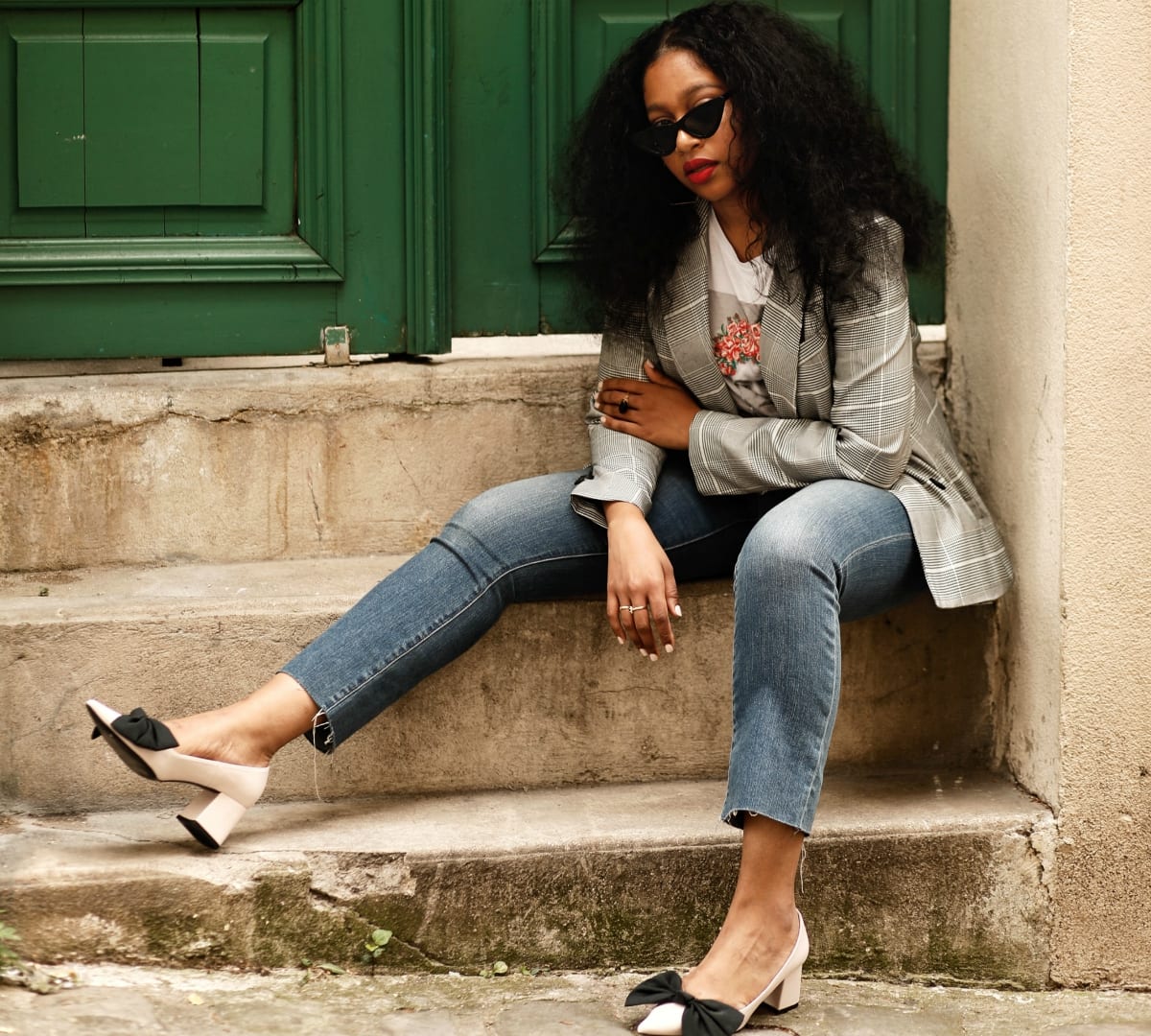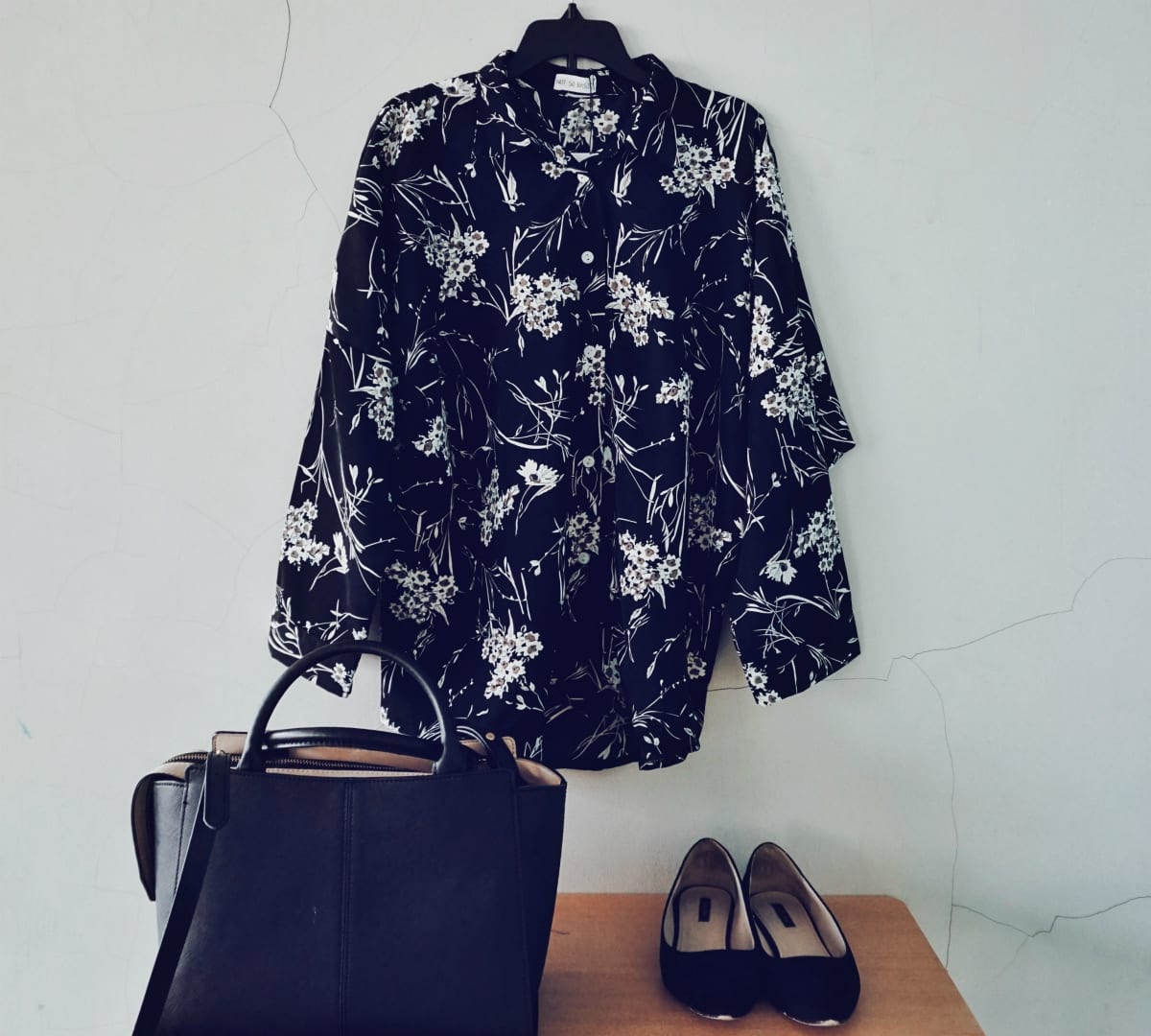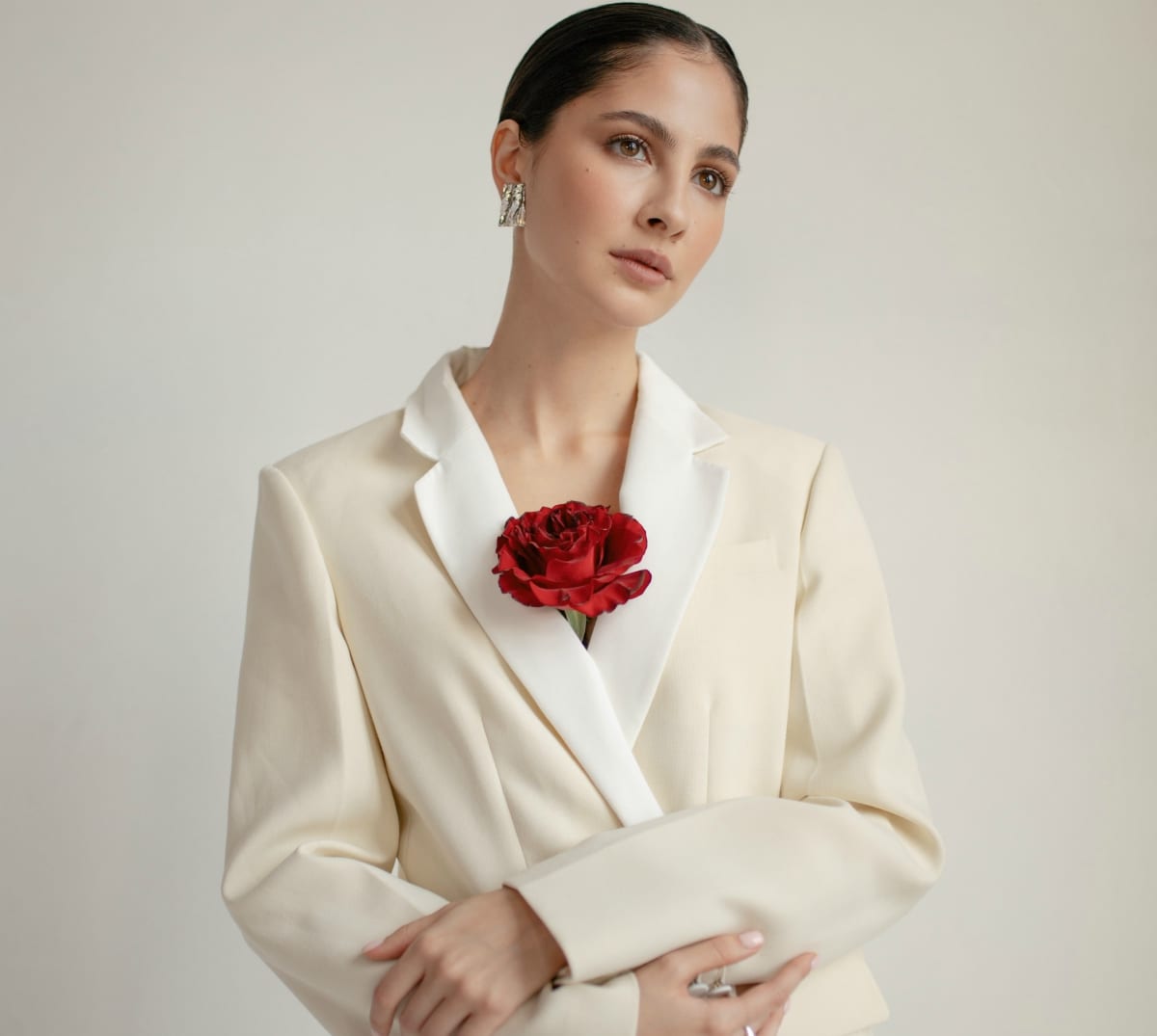Being the largest generation that is currently shaping the world economy, Millennials have more buying power than any other age group in the world. However, that fact alone isn’t what makes Gen Y such a unique consumer group. From changing the way we interact with the fashion industry to shopping online and being heavily influenced by social media tendencies, Millennials are redefining the way we perceive and engage with fashion.
Here are some ways this generation is changing the entire fashion world:
Clothes are becoming more casual and relaxed

While uniforms were always considered to be constraining and in direct conflict with individuality, Millennials are rejecting the idea of a set, code-compliant and uniformed look altogether. This tendency can clearly be seen in the popularity of business casual clothing, as the Gen Y exchange the suit and tie, black and white combinations for something more comfortable and relaxed that allows them to showcase their personal style. No longer constricted by strict business dress codes, Millennials are incorporating more colors, prints and unique designs into their office attire, thus completely redefining the meaning of professional business wear. As they feel more comfortable and liberated with an abundance of choices, Millennials are not only changing the way the fashion industry sees professional attire, but also encouraging the business world to change their views and dull, strict dress codes.
Millennials are opting for transparent brands

As they grew up with the advancement of technology, Millennials use the tech expertise and social media knowledge they’ve gained to do research on brands that interest them, and easily decide whether they want to buy their products or not. Their top priorities seem to be social responsibility and environmental sustainability. Demanding honesty and transparency from the clothing companies they work with, Gen Y consumers are constantly asking companies to demonstrate crucial information, such as where their materials come from, how the workers are treated, and what wages they are paid.
Focused on fighting the injustices of the world and the environmental issues facing our planet, this generation mostly buys products from companies who are mindful of both their workers and the Earth. This has allowed clothing companies who advocate transparency and fair treatment to quickly rise through the ranks and become serious contenders against big fast fashion brands.
Shopping online is becoming more popular

Apart from using their knowledge of technology to research companies and brands, Millennials are also shopping online more than any other generation. For example, instead of being overwhelmed by a wide variety of dress options in physical stores, Gen Y consumers are visiting great boutique dress shops online where they can find their ideal items in a few simple clicks. Whether it’s the ease of navigating from one web page to another and finding exactly what they need or simply being able to find a wider selection of products, online shopping has become the new standard. And considering the fact that consumers can easily read reviews from other shoppers and even save some valuable time when doing all of their shopping online, it seems like this form of shopping will only continue to grow in popularity with this tech savvy generation.
Functional and durable clothing is essential

According to several reports, a vast majority of Gen Y consumers are opting out of buying uncomfortable and impractical clothing that only serves an aesthetic purpose, instead of a practical one. Not being possessed by the dangers of consumerism like some previous generations, Millennials rarely buy highly trendy clothing made to be worn a mere season or two. Instead, this generation chooses brands that pride themselves in creating versatile, functional and wearable products that are made to last for years to come. To appeal to Millennials, the clothing needs to be both timeless and of very high quality.
High fashion is slowly losing its relevance

Even though the lack of transparency and more relaxed, casual clothing options among high fashion brands seems like the obvious reason for their decline in popularity, that might not actually be the case. More than any other generation, Millennials prefer outfits that combine lower and higher fashion brands, looking mostly at stores that offer everything from streetwear to designer labels. This tendency to mix and match is slowly driving some luxury department stores out of business, as dividing collections into tiered categories of prices and styles simply isn’t useful or appealing to younger consumers. Another reason luxury brands are losing their relevance might simply be their marketing strategies, as Millennials don’t really care much about the polished and carefully crafted content that was the norm up until now.
With the rise of online shopping, the importance of social media, and high standards and moral values, it seems like Millennials are holding the fashion industry in the palm of their hands. In the future, the conscious, reliable and sustainable will be rewarded, while the secretive, rigid and uncompromising will be banished into irrelevance.







